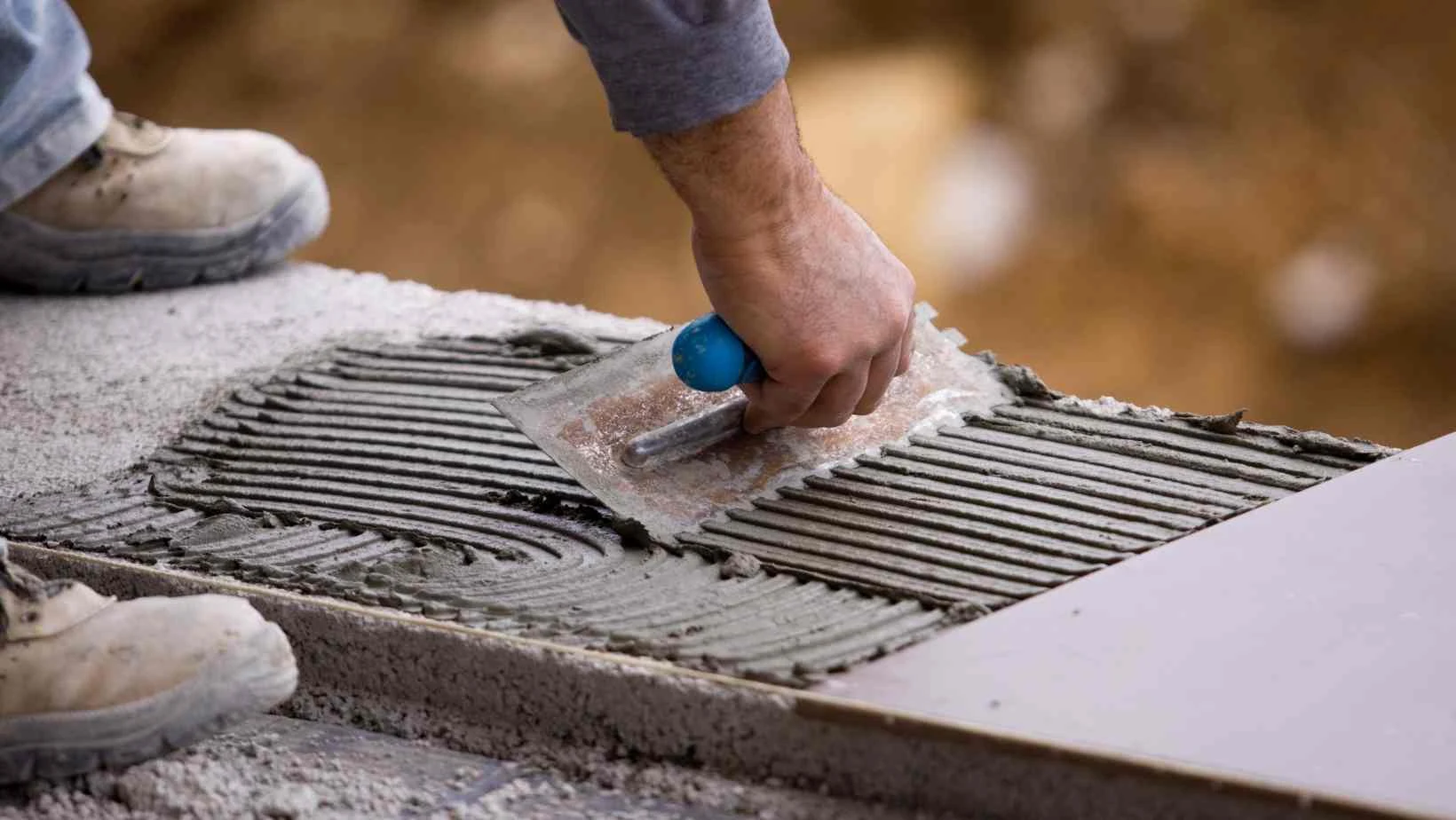Collaborative post by another author. Everybody sorely needs tradespeople at times. Their jobs are essential, keeping homes in good condition, people in fair health and even livelihoods intact.
Unfortunately, there is a wide spectrum of tradespeople out there when it comes to quality. Not all are so committed to working to a high standard. Sadly there are also people who are not tradespeople at all, merely scammers and tricksters posing as professionals.
For the safety of your home and family (as well as for your finances) it is important to only work with trustworthy people. With wide spread misinformation and false reviews it can be hard to discover who to trust however with the right measures in place, you can confidently find those experts you will one day come to need.
 |
| How can you be sure a tradesperson is trustworthy? |
Here are the 4 rules you must follow that will help you find trustworthy tradespeople
Explore Review Websites
The world is a very noisy place today, especially online. No tradesperson can operate in the shadows unseen.
Fortunately, there are dedicated review websites that decipher facts from fiction regarding the reputations of tradespeople. You can easily find reviewed and vetted plumbers on MyBuilder’s website. You can post the job you need to be done, and instead of typing ‘plumbers near me’ into Google almost hopelessly, you can immediately receive results on local, rated tradespeople in your area.
Browse their profiles, work history, and feedback, and you can then confidently choose who to share your details with. They’ll then reach out to you through the site. It's still worth completing a few additional checks when it is a big or high risk job though.
Of course, this way of checking your tradespeople involves a ‘people’s choice’ element. Other reputable sites rate them, and customers leave remarks too. It’s almost like a community hub for picking and choosing tradespeople. You’ll feel more of an outpouring of goodwill, which can positively influence your decision later on. After all, great customer service can have a profound impact.
Utilise Authenticating Resources
Try not to end your checking procedures with just one independent reviewing website, no matter how good it is. After all, every tradesperson leaves more than one footprint during their activities.
The Government's Department for Business, Energy and Industrial Strategy are responsible for setting up some rules with schemes in place to help authenticate tradespeople you’re working with. Browse their online literature diligently for insights to help you choose the trustworthy tradespeople you require.
You can also review the resources of official trade associations, as they will have published standards all companies accredited by them must adhere to. Cross-reference your findings with all your resources and decide whether the tradespeople you’re interested in live up to your and trade association’s expectations.
Visit Your Council Website
Your council’s online domain should have Trading Standards resources that list or even rate tradespeople. Consult what they’ve published for yet more assurances if you require them.
Of course, Trading Standards have high standards when rating the business they come across. They will ensure they abide by the law and meet regulatory standards as well as having relevant insurance etc.
The great thing about council resources is that they often serve as a foundation for further research. While their own Trading Standards data is highly useful, they will also link you to other resources that detail traders and services in your area that you can trust. It’s an essential step, as it’s never a bad idea to keep looking deeper for complete assurances.
Handle Cold-Callers
Excellent tradespeople who are well established often work by word of mouth and don't need to advertise or cold call. If a tradesperson does cold call you should automatically be wary. If they refuse to provide quotes or claim expenses are measured ‘by the kilogram’ these are yet more clear signs you are being lured into a scam.
Try not to work with any cold-calling tradespeople. The professionals know that when they are needed, they will be called. They’ll endeavour to fix problems brought to them, not ones they supposedly happen to see when they pass by your home.
You could always place signs in your window that discourage cold-callers from doing what they do. If they persist, their desperation might mean something devious is at work. If you feel you must answer the door out of politeness, do so, but don’t hire the ‘tradesperson’ for any jobs, let them inside, or give any of your information until you have researched them first.
Of course, dismissing people posing as good Samaritans keen to help you can be tough. Nevertheless, it’s better to be safe than sorry in situations like these. Great firms build goodwill with the public through effective marketing and positive word of mouth, not personal visits. Successful businesses won’t even have the time to stop by personally, so try to keep that in mind.
Conclusion
Rather than adopting one of these rules, you should endeavour to follow all of them. Checking, double-checking, and even triple-checking your tradespeople’s histories and reputations are advisable. Furthermore, casting a wider net when attempting to establish a consensus is important. Source multiple opinions from different sources, then proceed with confidence.


.jpg)

.jpg)

.jpg)
.jpg)










No comments
Thanks for your comment (unless it's spam in which case, why?)